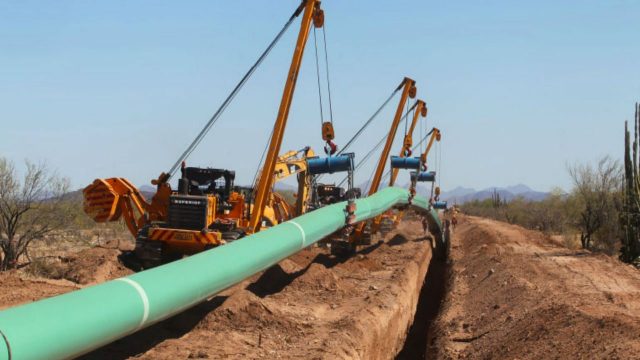Mexico: How Far Have its Institutions Really Come?
The question remains if Mexico has achieved a degree of institutional development consistent with its participation in those organizations.
Lisa Viscidi spoke with Natural Gas Intelligence's Adam Williams about recent regulatory changes to Mexico's energy sector and how they are impacting the country's natural gas market. They discuss obstacles that could affect the country's energy sovereignty and investment opportunities, natural gas imports from the United States, and concerns surrounding political risk in the sector.
Adam Williams: There have been considerable changes in the Mexican energy industry during the last few months and over the course of the past year. What are your thoughts on the current state of the Mexican energy industry?
Lisa Viscidi: I think the biggest focus continues to be on state control. In the oil, natural gas and power sectors, there have been attempts to increase state control and increase the role of the state energy companies, whether that’s the state utility CFE or state oil company Pemex. Additionally, there have been more government efforts to sideline the private sector and close opportunities for private investment. I would say that is the main overarching theme that we’re seeing right now.
This is part of the concept the government came up with during the campaign, which is the concept of energy sovereignty. It’s not really a widely used term and I think it was intended to mean energy independence, which means producing more of their own energy. But I think that that has been a real challenge.
For example, Mexico wanted to reduce reliance on natural gas imports from the United States, but that has not happened. Mexico wanted to reduce fuel imports by building a new refinery, which is now in progress, but I doubt it will be built during this president’s term and it’s taking much longer than expected.
So, I think the two aspects of energy sovereignty are energy independence and state control. And I think the latter is really what’s really being implemented, and the former has proven very difficult.
[...]
The question remains if Mexico has achieved a degree of institutional development consistent with its participation in those organizations.
Focusing on transnational crime is a top priority of the Obama administration’s policy in Latin America.
As global temperatures continue to rise with the global community stalled on any way to stop them, countries must prepare to adapt to increasingly volatile environmental conditions.
 IENova / Forbes
IENova / Forbes